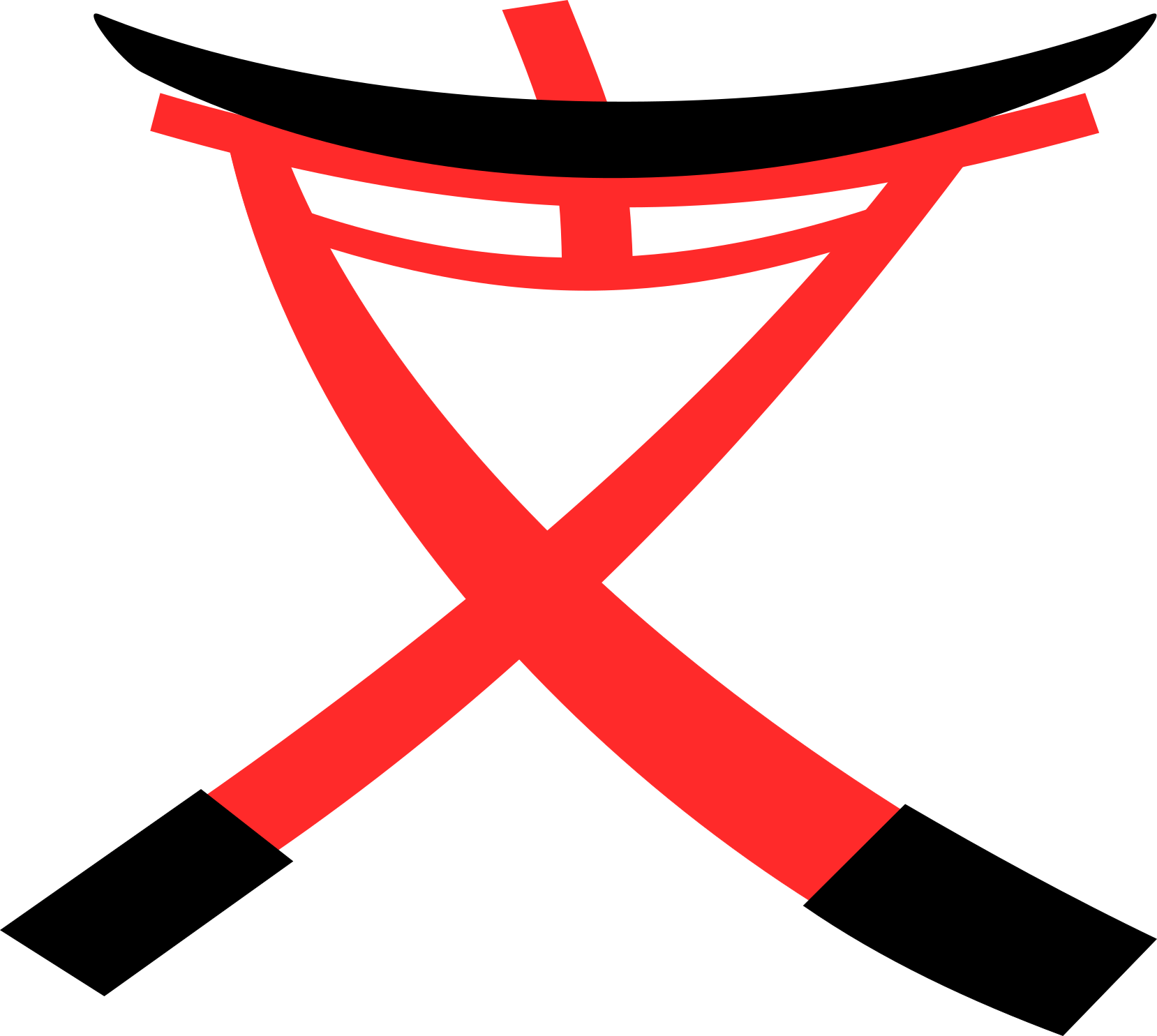Compound Words
General Rule 6
Main Rule
Except where General Rule 7 applies, the okurigana used for compound words follows the okurigana patterns for the individual [independent] readings of the words.
Examples:
(1) Inflecting Words
聞き苦しい 薄暗い 草深い 心細い 待ち遠しい 軽々しい 若々しい 女々しい
気軽だ 望み薄だ
(2) Non-Inflecting Words
田植え 封切り 物知り 落書き 雨上がり 墓参り 日当たり 夜明かし 先駆け 巣立ち 手渡し
入り江 飛び火 教え子 合わせ鏡 生き物 落ち葉 預かり金
寒空 深情け
愚か者
行き帰り 伸び縮み 乗り降り 抜け駆け 作り笑い 暮らし向き 売り上げ 取り扱い 乗り換え 引き換え 歩み寄り 申し込み 移り変わり
長生き 早起き 苦し紛れ 大写し
粘り強さ 有り難み 待ち遠しさ
乳飲み子 無理強い 立ち居振る舞い 呼び出し電話
次々 常々
近々 深々
休み休み 行く行く
Allowance
Words whose readings have no chance of being misread may omit the okurigana, as shown by the cases below in parenthesis.
Examples:
田植え(田植) 封切り(封切) 落書き(落書) 雨上がり(雨上り)
日当たり(日当り) 夜明かし(夜明し)
入り江(入江) 飛び火(飛火) 合わせ鏡(合せ鏡) 預かり金(預り金)
抜け駆け(抜駆け) 暮らし向き(暮し向き) 売り上げ(売上げ・売上) 取り扱い(取扱い・取扱)
乗り換え(乗換え・乗換) 引き換え(引換え・引換) 申し込み(申込み・申込) 移り変わり(移り変り)
有り難み(有難み) 待ち遠しさ(待遠しさ)
立ち居振る舞い(立ち居振舞い・立ち居振舞・立居振舞)
呼び出し電話(呼出し電話・呼出電話)
Compound Simplification
Compound words are usually two-word combinations. Two very common cases are:
- Okurigana is attached to both words (most common)
- Okurigana is omitted from the first word, but attached to the second word
While there are cases of okurigana only attached to the first word, even as shown above, these cases are probably most rare of all three.
Note
In compounds where the first or second word are written in kana, e.g. こけら落とし, さび止め, 洗いざらし, 打ちひも, etc., the non-kana-only word follows the okurigana attachment pattern of the individual word [as it would without consideration for the kana only word].
